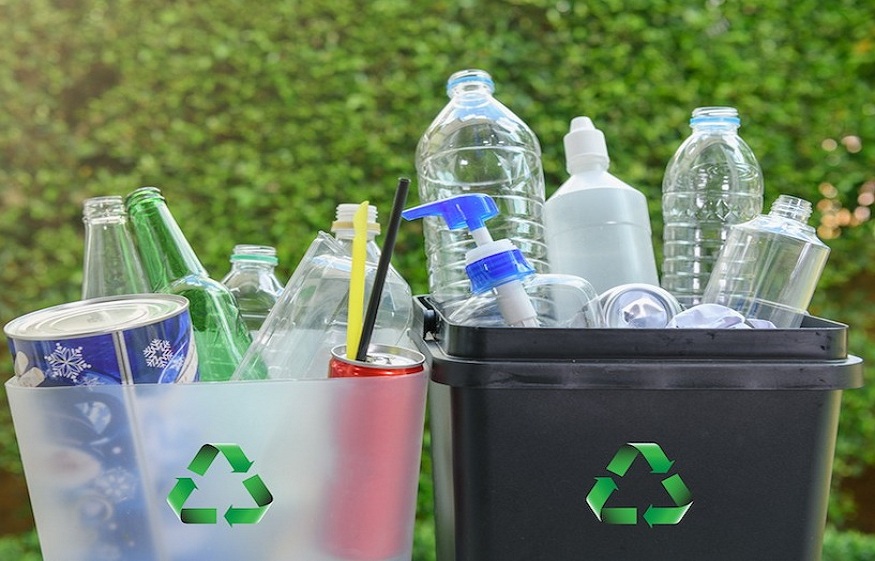Understanding Extended Producer Responsibility (EPR) and Its Impact on the Environment

In today’s consumer economy, the amount of waste produced—particularly from wrapping, electronics, and one-time-use products—is constantly growing. Extended Producer Responsibility (EPR) is an attainable objective that has grown more and more popular worldwide. A legislative approach called Extended Producer Responsibility (EPR) aims to shift the harmful effects of waste from users and authority upon manufacturers.
However, let’s find out what exactly is EPR, and how can it help the environment.
What is Extended Producer Responsibility?
EPR initially began in Sweden in the mid-1990s, and it is now a global approach used by many nations to promote ethical disposal of waste.
The EPR waste management program concept holds producers accountable for the whole life cycle of their products, including recycling and final disposal. Unlike traditional trash collection, which is managed by customers or cities, EPR transferred the responsibility of disposal to producers.
How does EPR work?
EPR waste management requires producers to take responsibility for the entire lifecycle of their products.
Producers must ensure appropriate removal and disposal using qualified EPR recyclers. Consumers play an important part by safely getting rid of rubbish, while the government upholds compliance and analyses recycling processes.
EPR decreases rubbish in dumps and supports stability by encouraging sustainable factories as well as effective waste management practices amongst all those involved.
Impact on the Environment
Excessive consumption and inadequate waste management are having an increasingly harmful impact on the environment. It is time to switch to more ecologically friendly production and usage behaviours.
Consumers may lessen pollution and conserve energy by purchasing ecologic goods and supporting local trash waste management initiatives near me.
Every simple change, such as cleaning or buying only what we need, aids global security.
Benefits of EPR
Extended Producer Responsibility (EPR) provides huge advantages in waste management. Like, EPR in waste management guarantees that producers are responsible for the post-consumer stage of products, especially for plastic waste management.
It allows research in waste management techniques and leads to better recycling centres.
A main benefit of EPR is that it drops supply costs, creates sustainable employment, and reduces harm to the environment expenses.
Overall, EPR is a smart, environmentally friendly solution for current waste management worries.
Challenges and Limitations
Lack of international cooperation and harmonization of EPR rules restricts useful waste management recycling efforts, triggering insufficient laws, waste, and delays in solving global pollution issues.
EPR and Plastic Waste
EPR promotes innovative waste management technology and sustainable practices. By giving them the systems and expertise they need to handle plastic waste well, EPR programs let them develop a healthier and cyclic waste management system.
Future of EPR
The future of EPR in waste management stands on the continuous evaluation and improvement of EPR services for helpful and permanent sustainability.
Role of Attero
As an EPR recycler, Attero serves a vital duty of handling electronic trash worldwide via properly reusing and extracting costly components.
Conclusion
EPR guarantees that growers manage garbage wisely. This works through storage, reuse, and recycling networks. Limited enforcement and a shortage of understanding are the main obstacles. It retains swear of successful technology recycling and plastic waste management.
FAQ
Q-1 What certifications does Attero hold for EPR-compliant waste recycling?
Attero encounters the CPB EPR and R2 qualifications.
Q-2 What is the understanding of EPR?
EPR involves producers responsibly managing product waste after consumer use.
Q-3 What is the extended producer responsibility EPR system?
Attero follows exact EPR norms to guarantee secure and green ways of recycling.
Q-4 What are the benefits of extended producer responsibility?
Minimizes trash, safeguards funds, and supports reusing materials.








